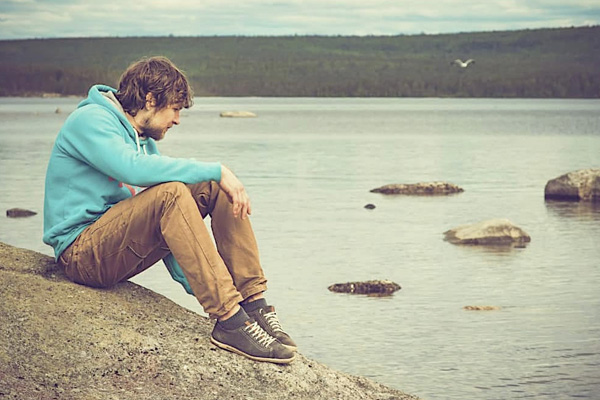STILL GROWING A HEALTHY SOCIETY –
July 30, 2021 – The gist of this little pearl of wisdom is that if you have been unable to deal with your personal traumas, you are more likely to project those traumas onto others. While there is certainly truth in that saying, the opposite is also true: healed people can heal other people.
Look no further than Baker Lake’s Allan Qiyuaryuk, who started an Alcoholics Anonymous group for the community this summer.
Speaking to Kivalliq News earlier this month, Qiyuaryuk was very open about some of the trauma he has experienced. Following the loss of his partner, who was also the mother of his four children, Qiyuaryuk admitted that he became one of the worst alcoholics in Baker Lake.
It’s impossible to imagine how hard it must be to lose a lover and the mother of your children. Indeed, it was difficult not to become emotional while listening to Qiyuaryuk tell his story over the phone.
It took him another six years to finally seek help at a treatment centre in British Columbia. But even that couldn’t keep him sober.
It wasn’t until he was faced with being cut off from his family and, in particular, his children that Qiyuaryuk was finally able to find the motivation to quit drinking.
But Qiyuaryuk was not just content with turning his own life around, he wanted to create a space where other could come to heal.
Although the goal of Alcoholic’s Anonymous is to become self-sufficient, it also relies on the power of community to help achieve that goal.
Aaron Solberg, reverend deacon at St. Aidan’s Anglican Parish, who helped Qiyuaryuk set up the Alcoholic’s Anonymous program in Baker Lake, put it best when he said: “You help people the most often when you want to help yourself.”
So far, the group has hosted half a dozen meetings. Attendance has not been as high as Qiyuaryuk would have liked, but just like a person who is suffering, it has room to grow.
Gabor Maté, a Hungarian-Canadian physician with a background in family practice and a special interest in childhood development and trauma, has attempted to deconstruct addiction. He defines addiction as “any behaviour that gives a person temporary relief and pleasure, but also has negative consequences, and to which the individual will return time and again.”
But to Maté, addiction is not a disease, rather it stems from an attempt to solve a deep-seated problem, most often due to trauma or loss.
Alcohol doesn’t necessarily have to be seen as something evil. Some people are capable of having just a few drinks and stopping. But those who are using it to numb their pain can easily become consumed by it. The more alcoholics rely on booze to escape, the more they suffocate the parts of themselves that are desperate for love and understanding.
Trying to overcome the emotional and psychological barriers that lead to alcoholism can seem daunting.
That’s why it can be so helpful to join a community of like-minded people who are dedicated to healing themselves.



